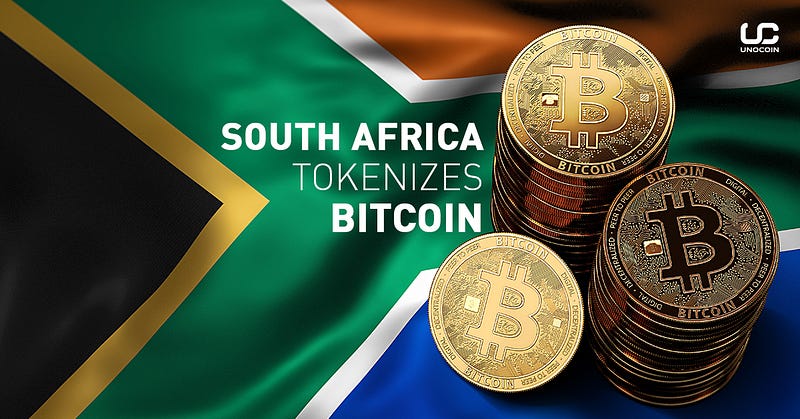
The South African Reserve Bank (SARB) recently took a step towards recognition of cryptoassets.
From cyber “asset” to “cyber-tokens”
Francois Groepe, a high-ranked official of the South African Central Bank in Pretoria, recently said that digital assets such as Bitcoin and Ethereum are best referred to as ‘Cyber Tokens.’
Groepe added that cryptoassets so far don’t conform to the two main requirements of being termed as money- a unit of measure and a stable unit of value.
Although, this doesn’t mean that cryptoassets are being banned in South Africa, they won’t be officially endorsed as ‘currency’ either.
As cryptoasset prices have recorded highs after highs, they have gained a lot of popularity in the last few years. Where on one hand this rapid change has created a rare and elusive investment opportunity in many countries. On the other hand, countries are still struggling to keep up with regulating them.
A self-regulatory organisation
The SARB has established a fintech task team that is designed to review the possibility of crypto-specific policy development and regulations. The team is going to assist the SARB in order to create a clear regulatory framework. This framework would allow cryptoassets and fintech innovation to properly spread.
According to the central bank’s banking practice director, Bridget King, the self-regulatory organization (SRO) would be a non-state agency authorized to establish its own rules, directives, and standards.
Other countries maintaining a tepid stance towards cryptoassets
Earlier, central banks around the world have approached cryptoassets with varying degrees of skepticism and disapproval. Earlier this month, the Reserve Bank of Zimbabwe (RBZ) issued a circular ordering all financial institutions to stop servicing cryptoasset exchanges. At the same time, countries like the USA have gone full throttle on cryptoasset adoption and designing regulations around them for the benefit of all users.



